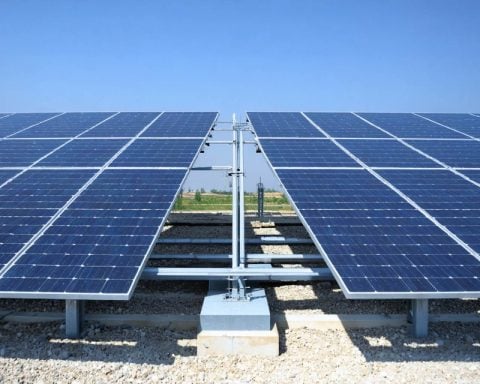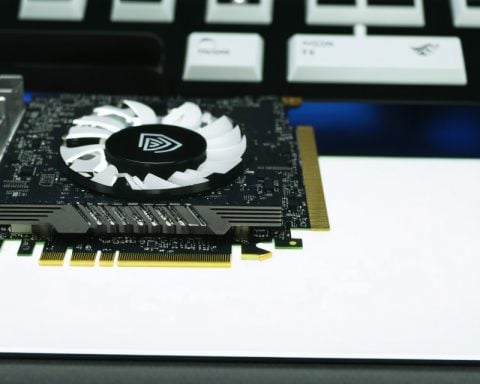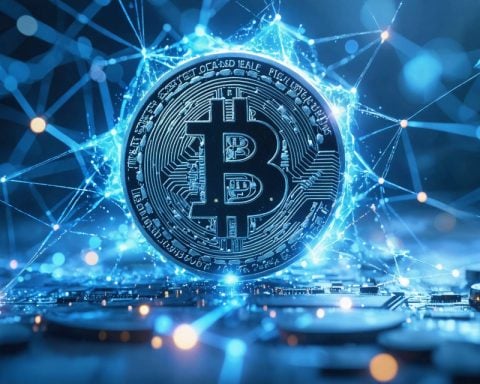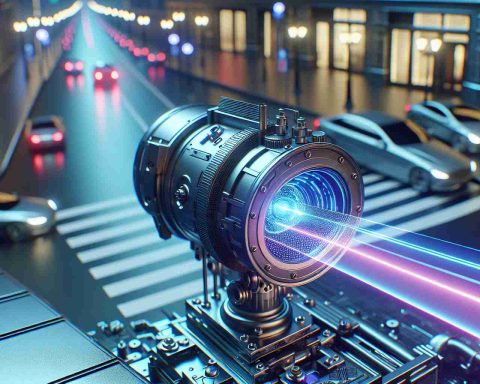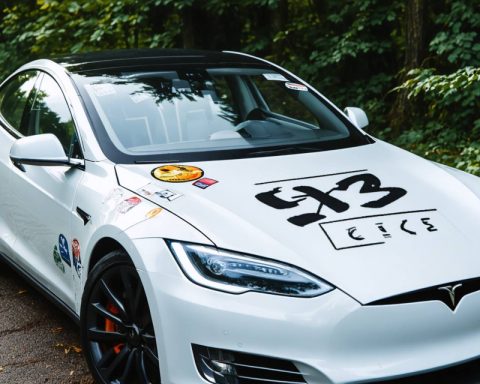Elon Musk’s recent clash with legal authorities in Brazil has reached a boiling point, with repercussions extending beyond just his social media platform, X. In a defiant move, Musk shut down the platform’s operations in the country, citing threats of censorship and government interference. This bold stand comes after a series of legal directives aimed at curbing disinformation on X, a platform that has been criticized for hosting right-wing conspiracy theories.
The ongoing feud between Musk and Brazilian authorities intensified when Justice Alexandre de Moraes ordered the immediate suspension of X, mandating that major tech companies like Google and Apple enforce this ban within 24 hours. This ruling also included fines for users attempting to bypass the suspension using methods like VPNs.
Furthermore, the conflict expanded beyond X, with Moraes freezing the accounts of Musk’s satellite internet company, Starlink, and launching an investigation into Musk’s alleged involvement in supporting disinformation campaigns. Brazilian President Luiz Inacio Lula da Silva weighed in on the situation, emphasizing that Musk, like any other entity operating in Brazil, is subject to the country’s laws.
Musk’s bold stand against what he perceives as government overreach underscores the broader tensions between tech giants and regulatory authorities worldwide. As the clash between Musk and Brazilian authorities continues to escalate, the outcome remains uncertain, with implications for free speech and the regulation of online platforms.
Elon Musk’s Bold Stand Against Legal Authorities in Brazil: Uncovering Key Questions and Controversies
As the clash between Elon Musk and Brazilian legal authorities reaches a critical juncture, several key questions emerge that shed light on the complexities of the situation.
1. What are the specific legal directives that prompted Musk to take such a bold stand against the Brazilian authorities?
The legal directives aimed at curbing disinformation on X have not only led to the suspension of the platform but also targeted Musk’s satellite internet company, Starlink. Understanding the specifics of these directives is crucial to grasping the full extent of the conflict.
2. How does Musk’s battle with Brazilian authorities reflect broader tensions between tech giants and regulatory bodies globally?
The clash between Musk and Brazilian authorities is not an isolated incident but part of a larger pattern of friction between powerful tech figures and governments seeking to regulate their influence. Exploring this broader context is essential to assessing the significance of Musk’s actions.
3. What are the advantages and disadvantages of Musk’s decision to shut down X’s operations in Brazil?
While Musk’s defiance against perceived government overreach may be seen as a bold stand for free speech and autonomy, it also carries risks such as financial losses and potential damage to his reputation. Evaluating the pros and cons of his actions can provide valuable insights into the implications of his stance.
4. What potential outcomes could arise from the escalating conflict between Musk and Brazilian authorities?
The uncertain nature of the situation leaves room for various possible outcomes, ranging from diplomatic resolutions to prolonged legal battles. Examining these potential scenarios can offer a glimpse into the future implications for both Musk and the regulatory landscape in Brazil.
In conclusion, Elon Musk’s confrontation with legal authorities in Brazil raises critical questions about the intersection of technology, regulation, and individual rights. By delving into these questions and controversies, we gain a deeper understanding of the complexities underlying Musk’s bold stand and its implications for the broader tech industry.


